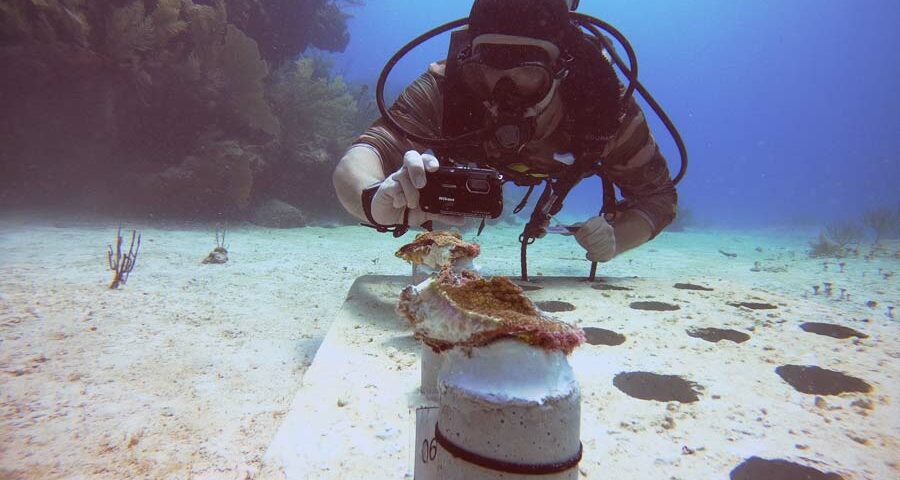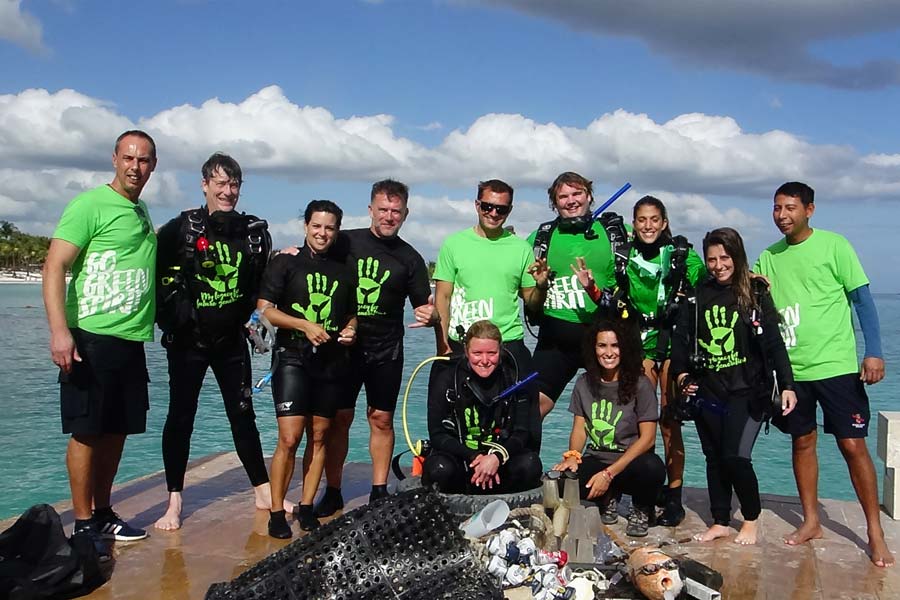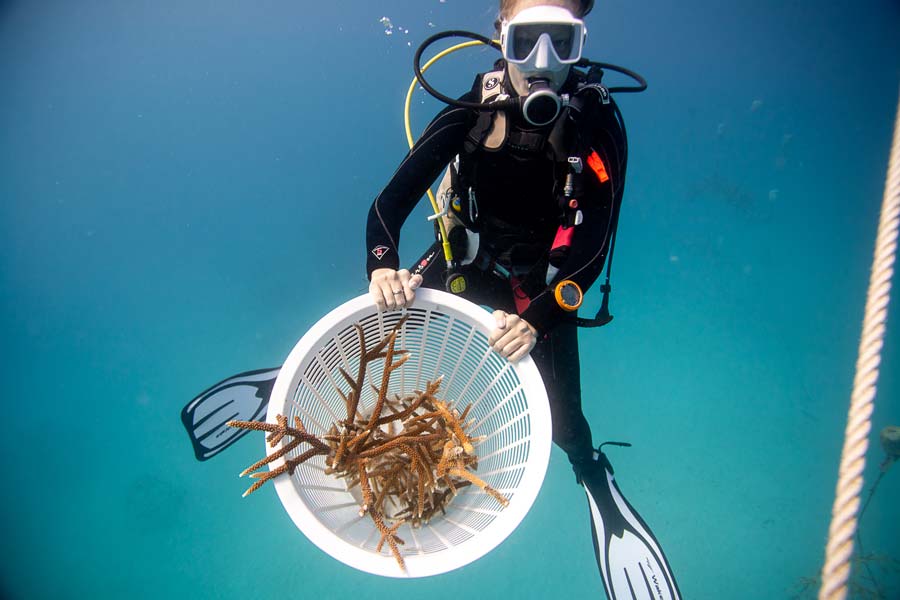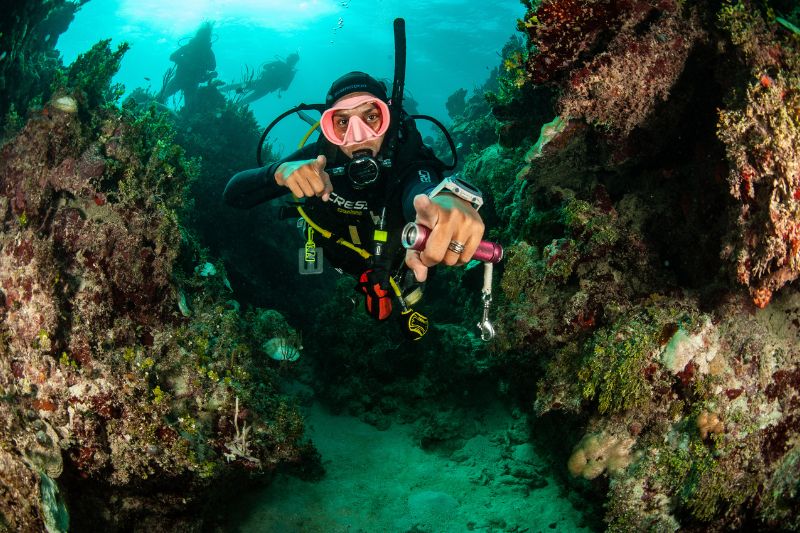4. 7 Easy Ways to Protect the Ocean by Ourselves
“The greatest threat to our planet is the belief that someone else will save it.” -Robert Swan OBE
Now that we know what the main threats to the ocean are, we can take part in protecting the oceans from our position.
1. Explore the oceans
“I need the sea because it teaches me.” – Pablo Neruda
The more we know about the ocean, the more we will love it. We can learn about it by consulting a bibliography, studying its flora or fauna, or watching documentaries. But of course, if there is an effective way to explore the oceans and love them, that is to scuba dive and snorkel. Believe it or not, it is a way to protect the oceans because, as Cousteau said, we protect what we love.
2. Avoid plastics
“You cannot get through a single day without having an impact on the world around you.” -Jane Goodall
It is estimated that 79% of the plastic that is produced ends up in the ocean and in 2019, almost 370 million tons were produced, according to the Plastics Association Europe.
We can contribute to the protection of the oceans by reducing the use of plastic in our daily lives. The first step is to be aware of all the plastic we use and make decisions to eliminate it.
3. Reduce your carbon footprint
“One drop of water helps to swell the ocean…none are too small, too feeble, too poor to be of service. Think of this and act.”-Hannah More
We have already discussed the consequences of CO2 and its influence on ocean acidification. The excuse of many people is that their behavior will not mean a big change. However, that is not true. A simple gesture helps protect the oceans.
Change the car for a bicycle or walk and if you use it moderate the speed.
Turn off the light when not needed
Insulate your house well so that it doesn’t lose heat in winter or unnecessarily run air conditioning in summer.
4. Engage in responsible consumption of marine resources
“We don’t own the planet Earth we belong to it. And we must share it with our wildlife.” -Steve Irwin
Making sustainable decisions about the fish and shellfish we consume is vital because more than 3,000 million people in the world obtain their main protein source from the ocean.
Some applications help you know if the fish and shellfish you consume are caught sustainably.
Consume small adult fish, and avoid large fish, which are more threatened by overfishing.
Choose locally sourced seafood.
5. Demand a commitment to protect the oceans through the vote
” The good man is the friend of all living things.”– Gandhi.
The people who represent us politically have the power to amplify your personal impact in protecting the oceans. Supporting policies committed to the environment is a way to speak up for our oceans.
6. Raise your voice and share with others the actions in which you participate
“The least I can do is speak out for those who cannot speak for themselves.”– Jane Goodall.
We have never had so much power to influence others as in this super-connected world. Social networks are a great loudspeaker. Share your actions, set an example, do educational work tell the rest of the world about your experiences at sea, and let them know how to protect the oceans.
You are a scuba diver and you can share the wonders of the ocean firsthand.
7. Support those who are already working to protect the oceans.
” The world will not be destroyed by those who do evil, but by those who watch them without doing anything.” – Albert Einstein.
Human beings not only destroy, but they also build. Many of us are already contributing our grain of sand in favor of the oceans. At Dressel Divers, we do this through Go Green and supporting various non-profit associations committed to protecting the oceans.
“In nature, nothing exists alone.”– Rachel Carson.
By recognizing that nothing exists alone in nature, we come to understand that the well-being of our oceans is deeply intertwined with our own survival. This article sheds light on the urgent need to join forces and take proactive measures to protect our oceans from the threats they face, such as pollution, overfishing, and climate change.








